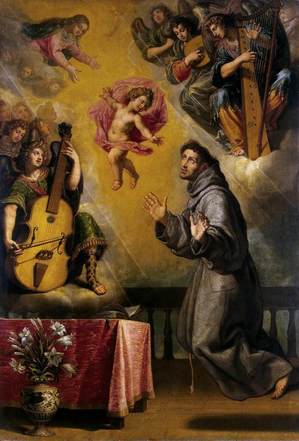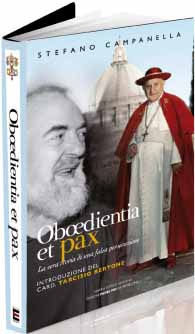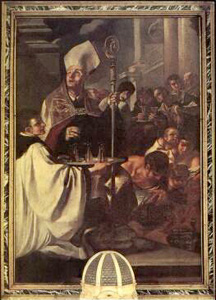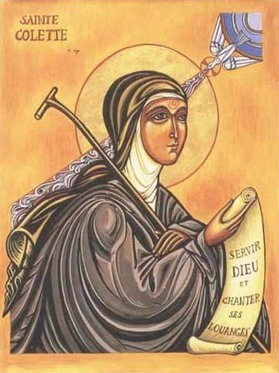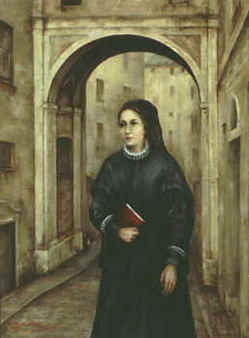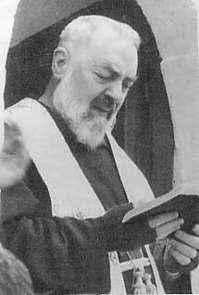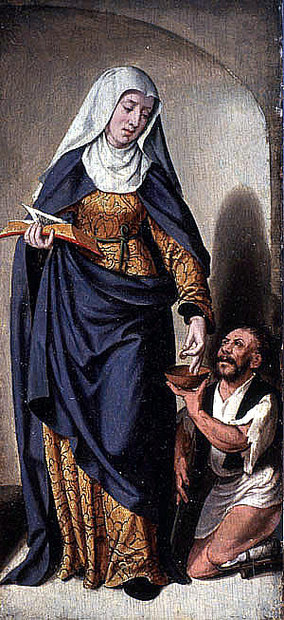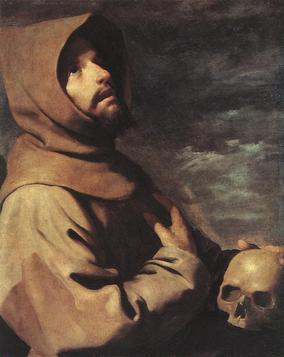The Preface for the Mass of Blessed John Duns Scotus
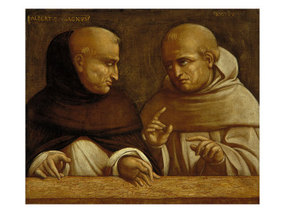
Father, all-powerful and everliving God, we do well always and everywhere to give you thanks, through Jesus Christ our Lord.
You give the Church great joy as she celebrates the memory of John Duns Scotus, in whom the spirit and ideals of our seraphic father Francis burned brightly and came to light and life.
You led him to see that virtue was of greater value than learning, and taught him the pre-eminence of love over all worldly knowledge.
You chose him to be the subtle unravler of reality, enabling his sharp mind to penetrate more deeply into the mystery of the depths of your love for us.
He acclaimed the universal primacy of your Son, the masterpiece and perfect manifestation of your eternal love enfleshed in Christ the New Adam, the King of all creation.
You taught him to praise Mary, conceived without sin, untarnished and resplendent in her immaculate beauty, your intended Model for creating us in dignity and goodness.
You instruct us by his teaching and by the holiness of his life, and give protection in answer to his prayers. Therefore, with the angels and all the saints we join in their unending hymn of praise.
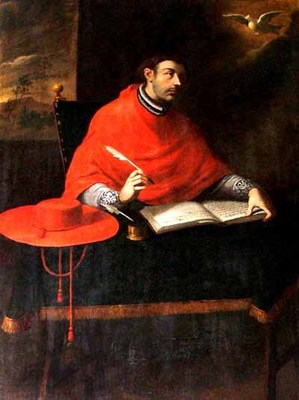 Grant, we pray, almighty God, that, just as we celebrate the heavenly birthday of the Bishop Saint Bonaventure, we may benefit from his great learning and constantly imitate the ardor of his charity.
Grant, we pray, almighty God, that, just as we celebrate the heavenly birthday of the Bishop Saint Bonaventure, we may benefit from his great learning and constantly imitate the ardor of his charity.